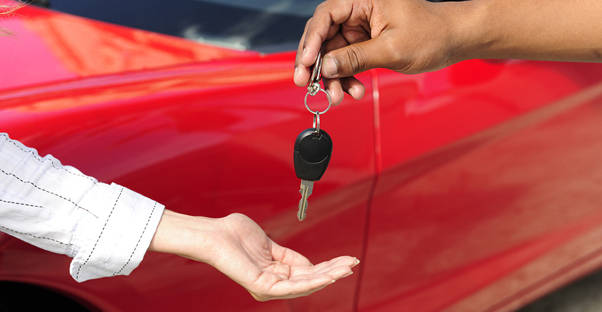5 Different Types of Auto Insurance

Choosing the right kind of auto insurance can be a daunting task. Most states require some amount of coverage – and you will certainly want insurance, given the high cost of car repairs and medical expenses – but how do you choose the policy that is right for you? Before making a decision, it is important that you first understand all of the options available.
1. Liability Insurance
Liability insurance provides you with coverage when you are at fault in an accident. It covers property damage as well as any medical costs incurred by other people involved in the accident. A minimum level of liability insurance is required by most states, but it is often a good idea to choose a policy that goes beyond the minimum requirement. You are responsible for any amount not covered by your liability insurance, and costs can add up quickly.
2. Collision Insurance
While liability insurance will cover costs to repair other cars involved in an accident, collision insurance provides coverage for repairs to your own car. If your car is totaled in an accident, collision insurance will cover the cost to replace your car. The payout will be an approximation of the value of your car before the accident. If you have an older car and it is already in poor shape, you may find that collision insurance is not worth the expense.
3. Comprehensive Insurance
Liability and collision insurance will cover costs associated with accidents, but they will not provide coverage in instances of theft or weather damage. Comprehensive insurance will cover you in almost every scenario, including collisions with an animal. These policies can be expensive, but you can reduce the cost if your car has certain anti-theft features.
4. Uninsured Motorist Protection Insurance
Uninsured motorist protection insurance will cover you in the event that you are in an accident with someone who does not have auto insurance. Legally, all drivers are required to have auto insurance, but some drivers choose to defy the law. In this case, the driver will be required to pay out of pocket for any damage they cause. However, if they do not have insurance and they do not have any money, you may not be compensated. Uninsured motorist protection insurance will cover you in this case, providing compensation even if the other party is unable to do so.
5. Personal Injury Protection
Personal injury protection (PIP) is a type of insurance policy that covers medical expenses associated with an accident. These costs can be exorbitant, and if you do not have a PIP policy, you may find that you are unable to pay for the medical bills. A PIP policy will help you cover your medical expenses as well as those of the other passengers in your car.
There are many factors to consider when choosing an auto insurance policy. If you have an older car and you do not drive very often, you may not need extensive coverage. On the other hand, if you have a new car and you use it on a daily basis, you will want to have more protection. Finally, it’s important to remember that your driving record, and the make and model of your car, play a part in determining the cost of your auto insurance policy.




